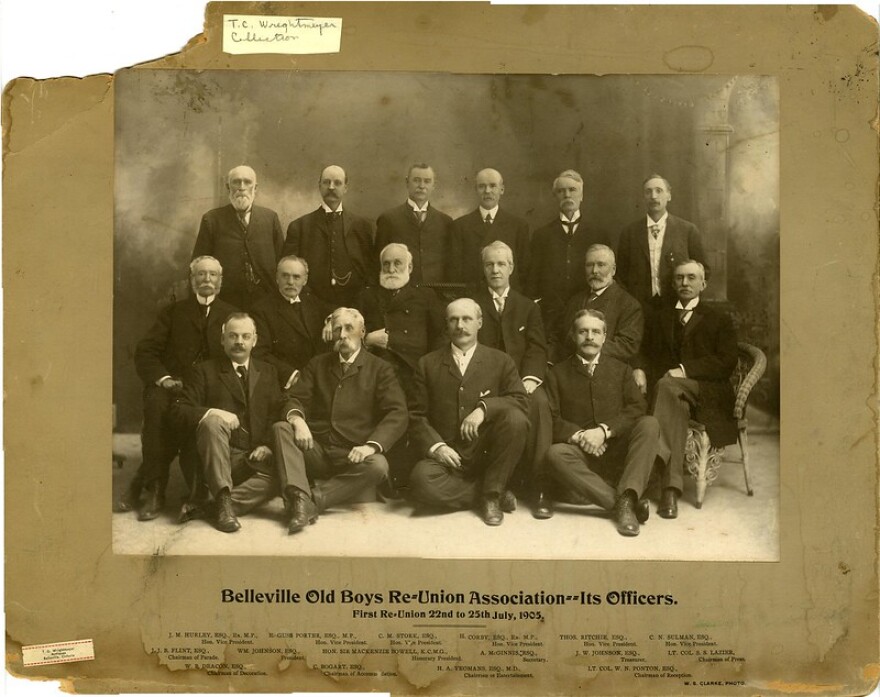This is the season of reunions and homecomings. Before long, families will be coming together for Thanksgiving and the holidays, and for those who don’t have a family, or don’t like the one they have, there are many other ways of revisiting the past and renewing old ties.
The most visible and colorful reunions are college homecomings, when ex-students of various ages gather to remember the good old days. These are true festivals of nostalgia for lost youth, endless parties, the kind of freedom that never comes again, and a close and reassuring community with plenty of football. Some alumni may even remember the pleasure of learning and wish they had learned more. Those were happy days and not at all like adult life. A reunion brings it all back, whether you can remember it or not.
Another attraction of homecomings and class reunions is our natural curiosity about our contemporaries. Who were the winners and losers in the career game, the marriage game or the weight loss game? The triumphalism and humiliation of reunions has provided the theme for hundreds of novels and a few movies, perhaps the most realistic being National Lampoon’s comedy horror classic “Class Reunion” of 1982.
I never fully understood the attraction of reunions, especially after seeing that movie. I have a picture of my high school class, an untidy mob of scowling 16-year-old boys, but can’t summon up much curiosity about them 60 years later. They are dim in my memory, but not so dim that I want to see them in sharp focus again. It might be interesting to know how many made a success of their lives, and how many were incarcerated. But we were no different from any other group of boys except for the accident of time and place, and the fact that we shared the same teachers. Perhaps our memories of those teachers would create a kind of bond, but it would be more the bond of a street gang with a common enemy than a community of scholars.
Yet as we grow older the idea of a reunion necessarily becomes more urgent. It’s now or never. I’ve been to just one reunion — the 15th anniversary of the British university where I taught for some years. This tells you that it was one of the newer establishments of higher learning. Cambridge and Oxford are celebrating their 600th anniversaries about now. But 50 years meant something to us. Most of the faculty at the beginning were young, and now we are not, so a reunion was a rare chance to see those of my former colleagues who have survived. There were no sports, no tailgating whatever it is, no parades or songs, but we gathered at a riverside restaurant in the beautiful village of Dedham, the survivors in many cases of 40 years of teaching. I can’t speak for myself but most of my former colleagues looked pretty good and were as verbose and as argumentative as ever. It actually warmed my heart to meet them again and to hear them talking nonsense just as before, and to relive for an afternoon that interesting part of my life.
“You can’t go home again” is one of those clichés that is annoyingly true, because what you can never revisit is the person you once were. No matter how many diaries and photos and school reunions you collect, you can never have a reunion with your old self.



